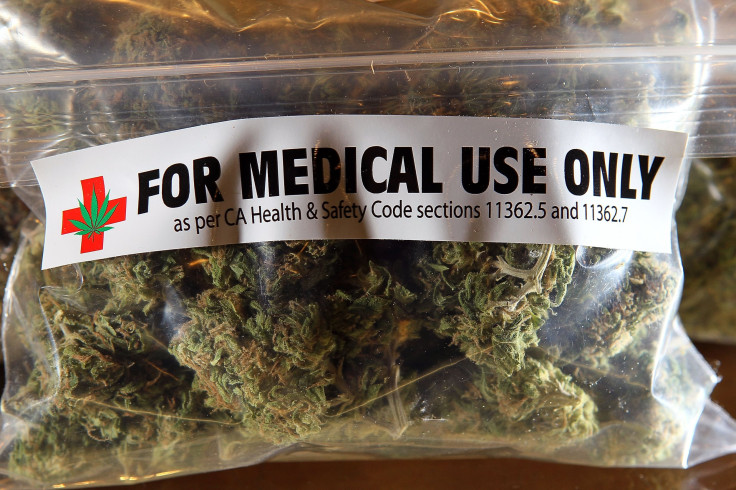Medical Cannabis 2016: New Benefits Of Medicinal Marijuana

Cancer is the second most common cause of death in the U.S. resulting in at least 584,881 deaths, according to the Centers for Disease Control and Prevention. Recent animal studies show that marijuana extracts can help kill certain cancer cells and even reduce the size of some of them. But, marijuana is still illegal in several states. The number of people who’ve died due to an overdose of marijuana? None.
The National Institute on Drug Abuse describes medical marijuana as “using the whole unprocessed marijuana plant or its basic extracts to treat a disease or symptom.” The Food and Drug Administration has, however, neither approved nor recognized the drug as medicine. So far, 25 states have approved the usage of medical marijuana.
Medical marijuana is available in a variety of forms. It can be smoked, vaporized, consumed as a pill or can be added to brownies, cookies and chocolate bars. Here are some of the benefits of using the drug as medicine.
- Studies show that marijuana when used with opiates can be used for pain relief.
- Researchers from American Academy of Neurology also found that the drug in the form of pills or sprays can reduce stiffness and muscle spasms in multiple sclerosis.
- A 2007 study found that cannabis shows promise in reducing pain caused by damaged nerves like in HIV patients.
- A 2012 study found that cannabis is also effective in treating schizophrenia.
- Scientists from the University of Buffalo’s Research Institute on Addictions found that marijuana is effective in treating depression.
- A 2014 study showed that smoking marijuana helped reduce symptoms in patients with post-traumatic stress disorder.
- Researchers from Virginia Commonwealth University found that ingredients in marijuana “play a critical role in controlling spontaneous seizures in epilepsy.”
- A 2006 study found that the active ingredient in cannabis, tetrahydrocannabinol, is more effective than mainstream drugs in preventing the enzyme acetylcholinesterase from accelerating the formation of “Alzheimer’s plaques” in the brain. It is also more effective in preventing the formation of protein clumps that can inhibit cognition and memory.
- The "munchies," a popular effect of consuming marijuana, have been used to stimulate an appetite in HIV/AIDS patients who have a poor appetite due to their condition and treatment.
- Researchers from University of Nottingham found that marijuana shows promise in reducing brain damage after a stroke.



























